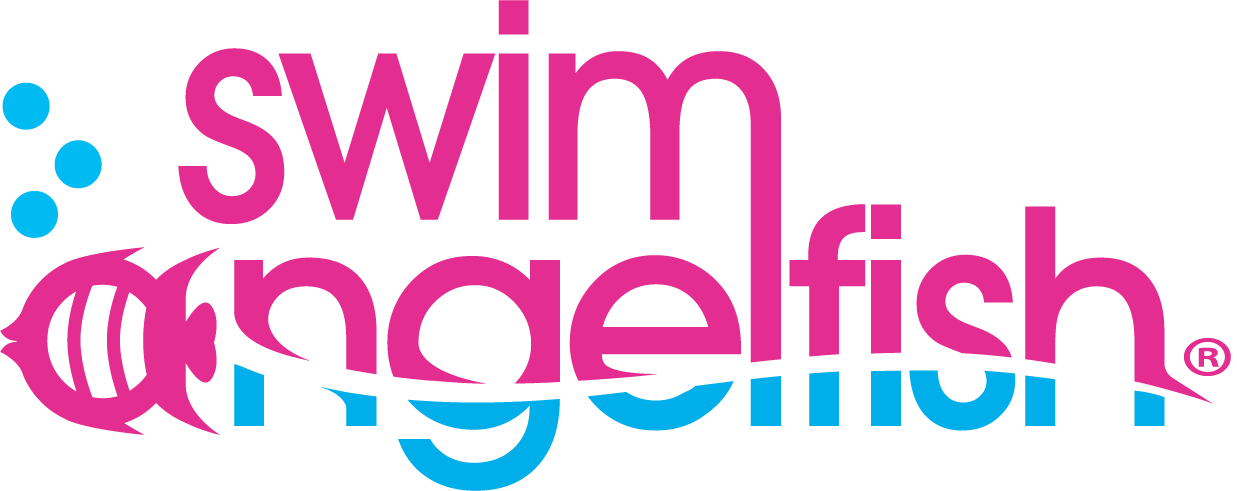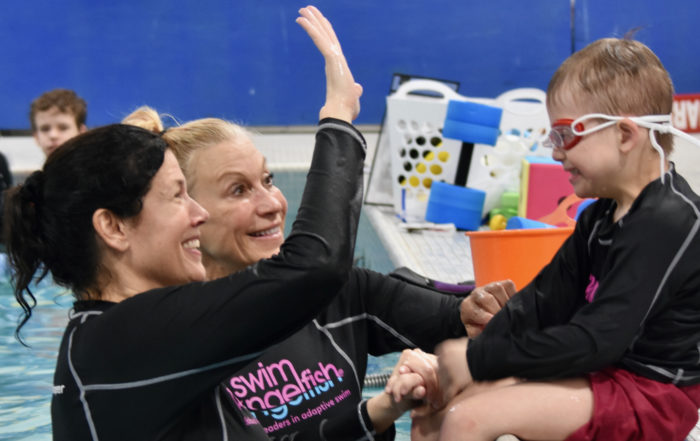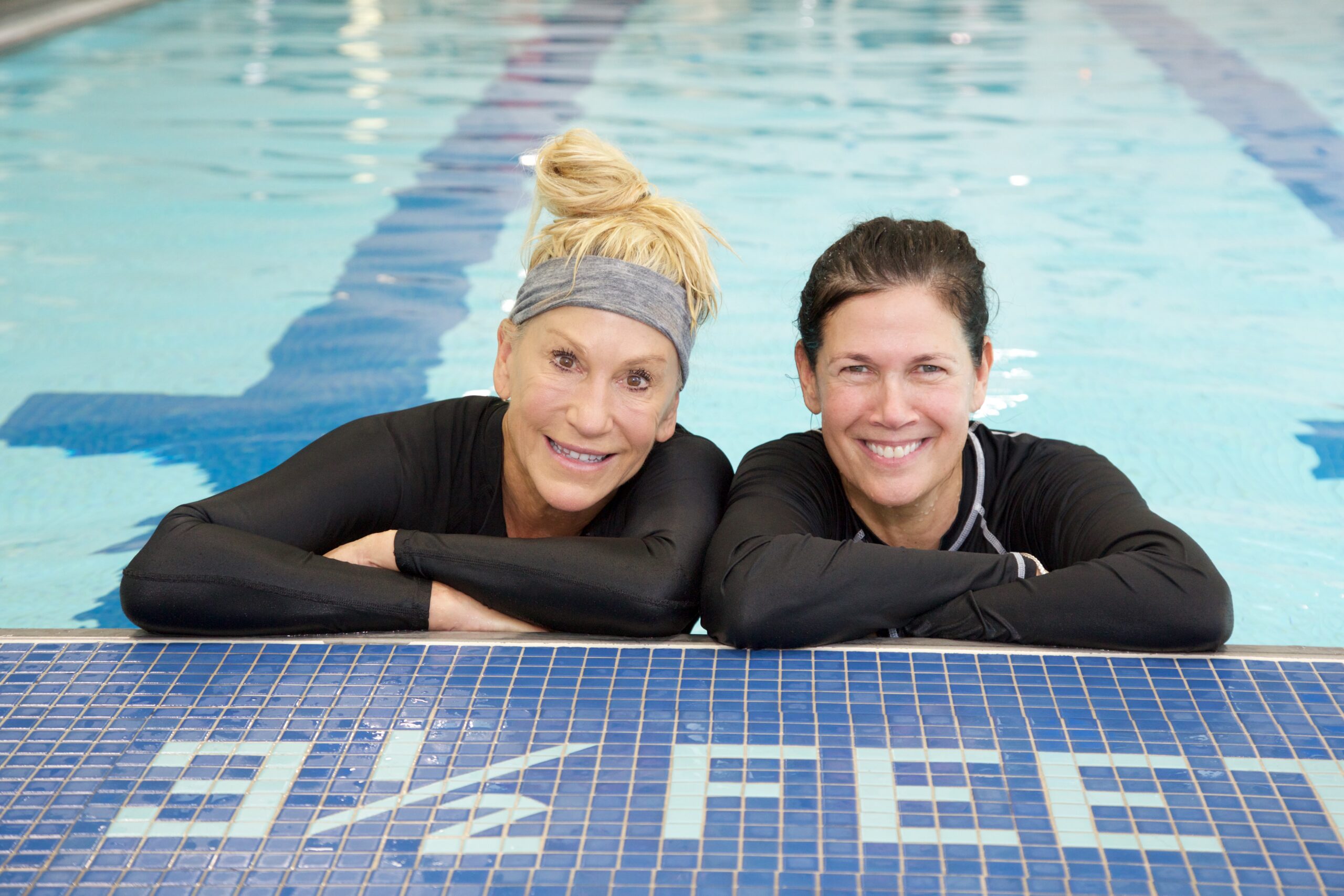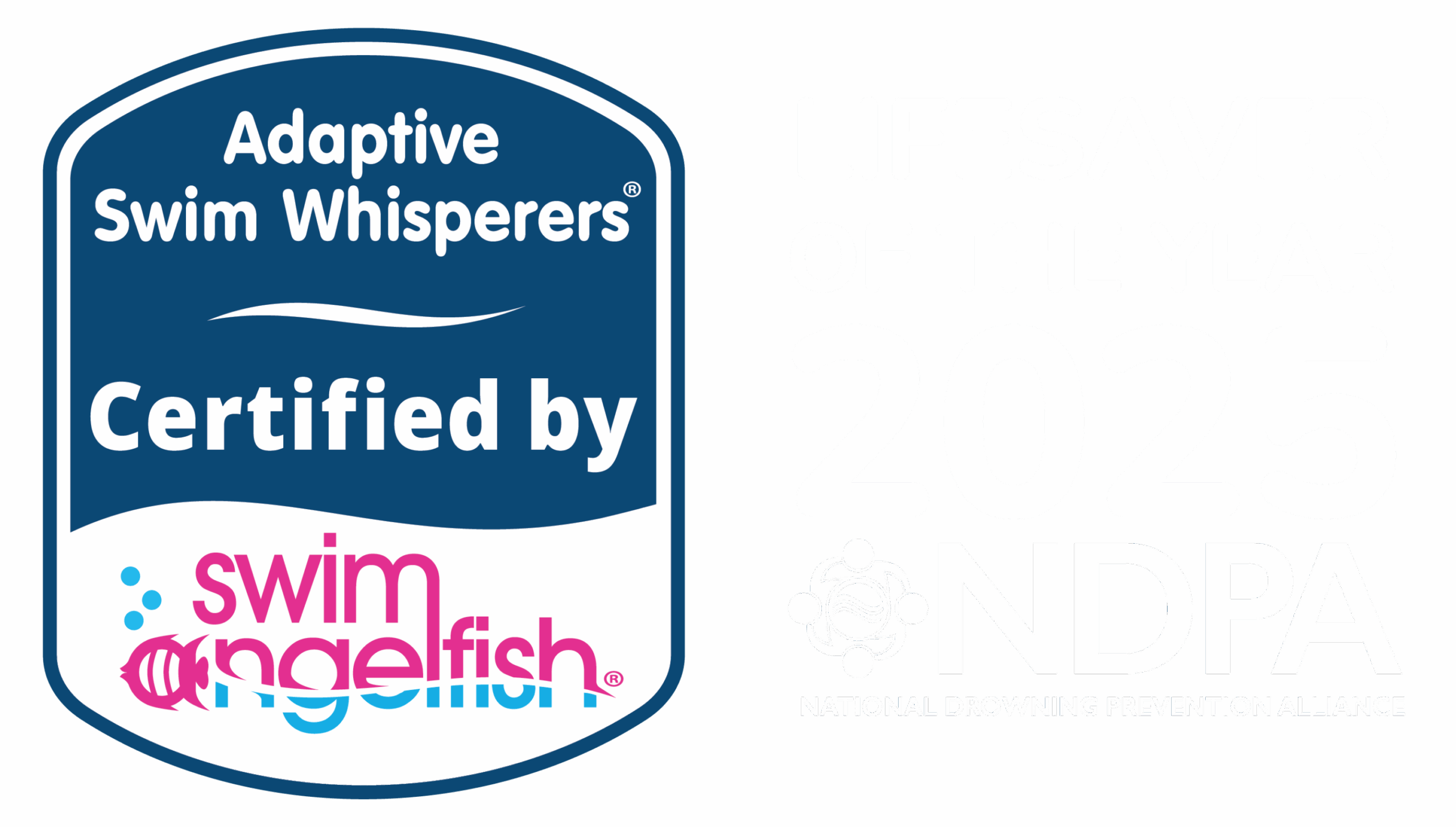Discover how important life skills can be nurtured, as we explore the multiple benefits of choosing aquatic therapy or swim lessons for individuals with Learning Disabilities.
Neurologically based disorders such as Learning Disabilities can affect a child’s attention, coordination, and processing. This can make it challenging to participate in traditional therapy and activities. However, aquatic therapy and swim lessons offer a unique and effective way to address the difficulties that people with Learning Disabilities experience.
What are Learning Disabilities?
The term “learning disabilities” encompasses a wide range of neurologically based learning disorders with various presentations and degrees of severity. Learning disabilities can include difficulty with processing (visual or auditory), difficulty with integration (prioritizing, organizing, following directions), memory deficits (short and long term), difficulty with expressive language, and motor deficits (gross and/or fine motor).
Statistics Relating to Water Safety for Children With Learning Disabilities
How Adaptive Swim Lessons and Aquatic Therapy Contribute to Water Safety
Part of our mission at Swim Angelfish is to help improve water safety for children of all abilities and create a supportive, understanding environment where water safety skills can flourish. Aquatic therapy can help satiate a child’s sensory needs as well as improve their strength, coordination, and motor planning so that they are able to function safely in an aquatic environment. Swim lessons additionally help children develop a crucial sense of awareness for water safety and independent movement, while fostering a positive and functional relationship between the child and the water.
Learning to swim provides a multitude of benefits for children with learning disabilities. Swimming improves motor skills and coordination as it is a form of full body exercise that facilitates multiple joints working together simultaneously. Achieving swim milestones also provides these children with a sense of achievement and confidence in their abilities!
Many of these children struggle in school and other extra curriculars, so giving them this healthy outlet to succeed and build self-esteem is so important! Following directions can be difficult for children with learning disabilities due to attention deficits or processing delays. Something as simple as allowing these children the freedom to move their bodies in a structured environment can improve their ability to be patient and follow directions!
Benefits of Swim Lessons for Learning Disabilities
Aquatic therapy can be extremely beneficial for children with Learning Disabilities! Many children with Learning Disabilities have difficulty maintaining their attention or following directions. Aquatic therapy uses the natural properties of the water to assist or resist movement, in order provide a child with vestibular and proprioceptive input, leading to improved attention and self-regulation. Once the child is more regulated, they are better able to focus and follow directions. Once they are able to focus on the task at hand, your therapist can use this opportunity to work on a functional activity! A great example of a functional activity in the water is swimming! Working on swim strokes after giving a child the sensory input they need to be successful can help the child focus better on the motor planning and coordination aspects of the task! Not only does this lead to improved swim stroke performance, but it also leads to improved motor planning and coordination that can translate to other activities! Children in this population may also present with retained primitive reflexes. Does your child with Learning Disabilities struggle with dropping his lunch tray or falling out of a chair? Many people would assume that this is due to weakness or too much fidgeting. While that may be the case for some, it is usually due to retained primitive reflexes! Aquatic therapy is a great way to help integrate those reflexes in a fun and engaging environment, where your child doesn’t even know they are working!
Benefits of Aquatic Therapy for Learning Disabilities
Our Swim Whisperers® Adaptive Aquatics Training Program is the only Adaptive Aquatics Training program that uses a therapeutic approach to assess, identify, and overcome the roadblocks that are present in children with special needs while learning to swim.
Here are some great tips when working with individuals who have Learning Disabilities:
We can help you find a qualified instructor or aquatic therapist to help your child with Cerebral Palsy become safer and more independent in the water.
We have highly skilled instructors certified in the Swim Whisperers® program who will work with your child to identify and address any underlying obstacles that they are experiencing with learning to swim.
We also have licensed aquatic physical, occupational and recreational therapists who will use a fun, innovative multi-sensory approach to reach specific therapy goals. We offer private, semi-private and small group sessions across multiple locations in CT, MA, NH and NY.
